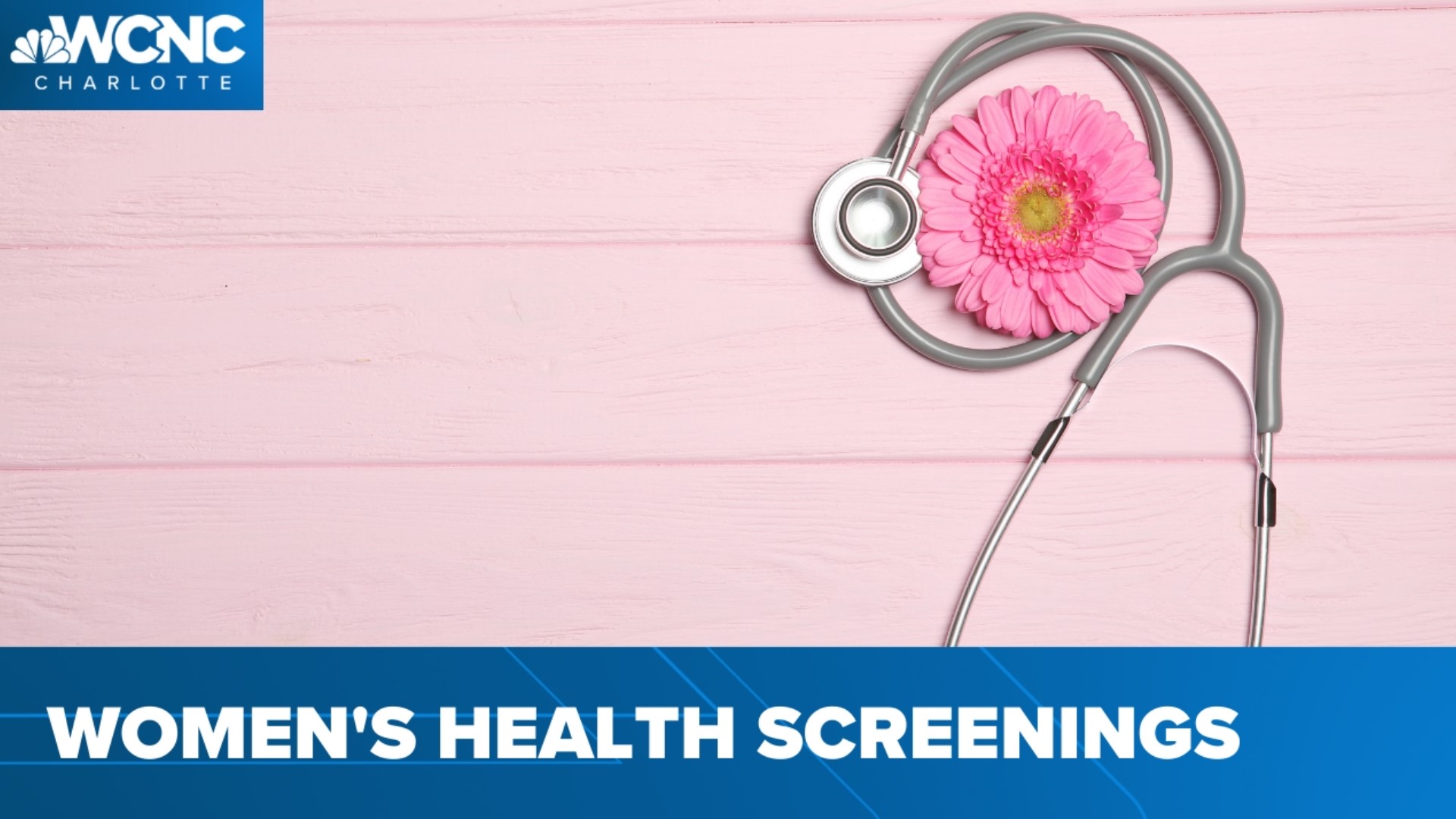CHARLOTTE, N.C. — Research has shown during the pandemic, up to 40% of women reported they skipped preventive health services and routine checkups.
“A lot of women have delayed or skipped their annual physicals, their pap smears, their mammograms, and these all screened for cancer,” nurse Barbara Dehn said.
Doctors are issuing a reminder, saying these annual exams are just as important as caring for a concern you already had.
"The way to prevent disease and increase survival for people is to, number one, catch it early or to be able to talk about these preventative measures, which is why these appointments are also important," Dr. Salena Zanotti, an OBGYN with Cleveland Clinic, said.
Zanotti says routine checkups for women typically include an overall wellness exam, in addition to a breast exam and pelvic exam. Other tests may also be ordered depending on someone's medical history and age. For example, they'll need a blood panel done or a colorectal cancer screening if they're over 45.
Zanotti says these kinds of appointments aren't only important for prevention, but to help identify any possible issues. Sometimes a woman may not realize the pain they're feeling isn't normal. Or they just don’t want to talk about it.
“So often we suffer in silence, right? Because we want to ignore it," Dehn said. "We're busy, we have a lot of other things on our plate. But if we ignore the symptoms, they just get worse.
"It's like having a paper cut and a mosquito bite at the same time. It's really hard to concentrate, it's hard to get any work done.".
Doctors say it's also important to discuss family history at routine checkups, that way your physician knows about any possible health issues you may be at risk for.
WCNC Charlotte is committed to reporting on the issues facing the communities we serve. We tell the stories of people working to solve persistent social problems. We examine how problems can be solved or addressed to improve the quality of life and make a positive difference. WCNC Charlotte is seeking solutions for you. Send your tips or questions to newstips@wcnc.com.

